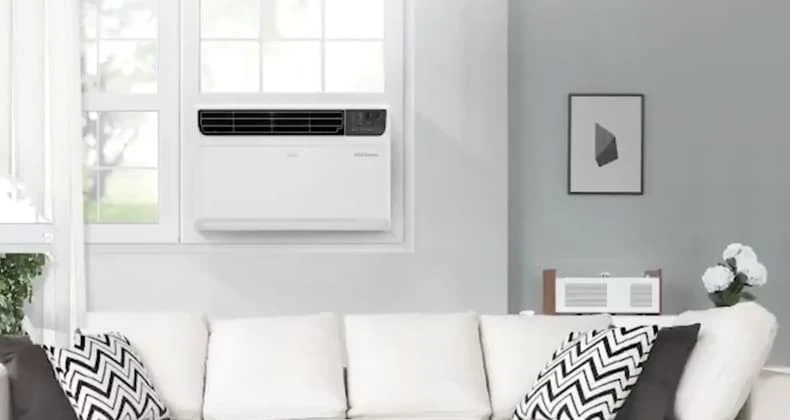This is your complete guide to figuring out how much AC costs per month. In the summer months, the heat can cause most of us to turn to the air conditioner for comfort. Many consumers wonder about the costs of an air conditioner and how much it might affect their budget. In this guide, we are going to cover the cost of running AC for the month and how to calculate your AC costs. Most people don’t know that their central air conditioner could be costing them anywhere between $30 -$700 per month! However, that number could be more or less depending on the size of your unit and how frequently you use it. So, if you want to learn how to calculate the costs of your air conditioner per month, keep reading!
Here at The Energy Professor, we want to give you the information you need to not only save money on your energy bill but to also become more energy efficient. We hope find this post helpful! And makes it easier for you to know more about appliance energy usage. Be sure to also check out our one-of-a-kind energy savings calculator!
The Energy Professor Electricity Rate Check Tool
How Much Does it Cost to Run an Air Conditioner 2024?
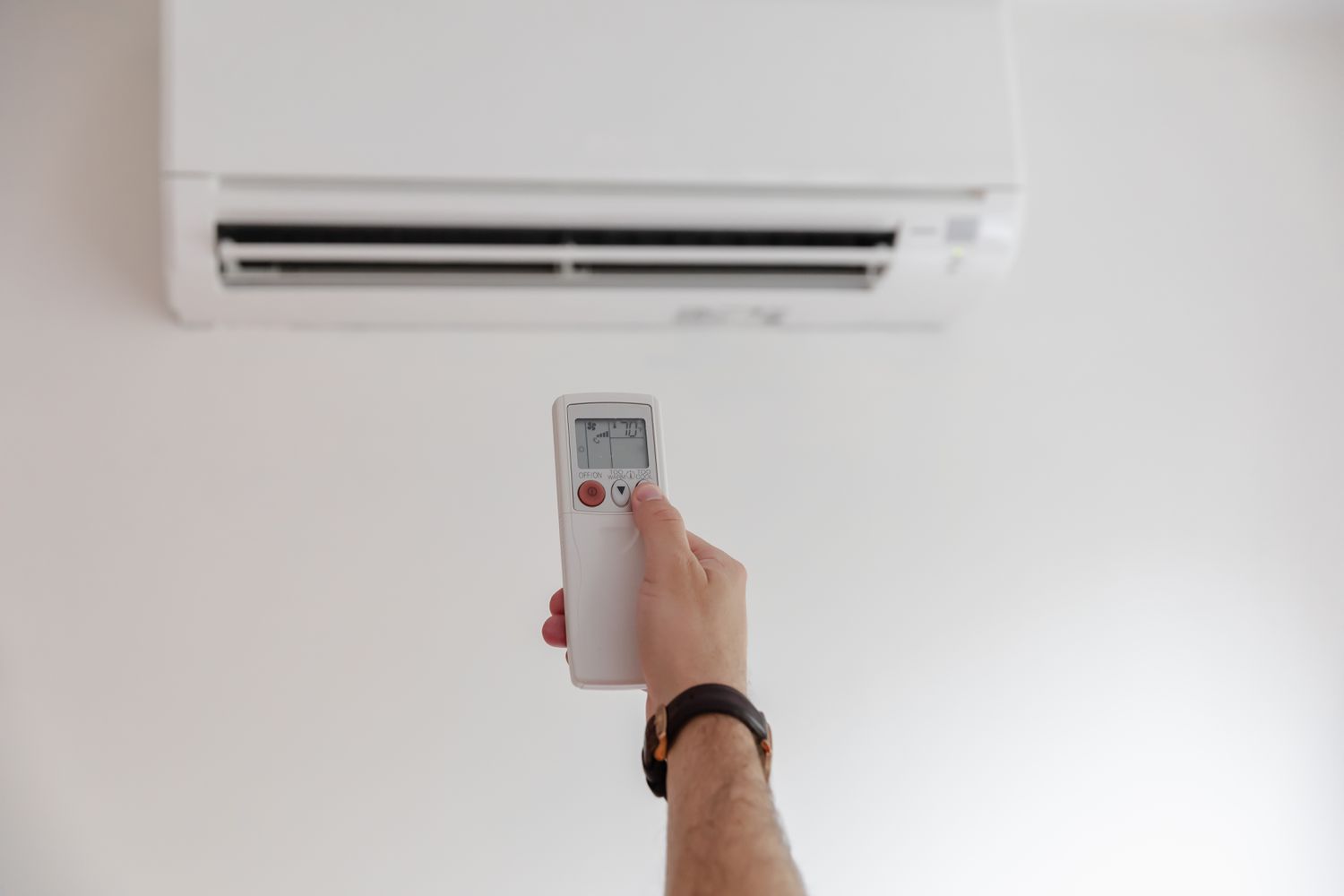
The annual electricity costs of operating your air conditioner can range from $1,000 to $4,000, varying with the unit’s size, space cooled, and usage, while window units typically cost between $250 to $750 per unit. To calculate your AC’s monthly cost accurately, consider your unit’s wattage, operation hours, and local electricity prices. If you want to find out specifically how much your AC is costing you per month, there is a simple formula you can use to calculate your costs.
Formula to estimate the costs of your air conditioner:
Cost = (Daily operating hours × Wattage ÷ 1000) × Cost per kilowatt-hour
Let’s break down the formula:
- Daily operating hours: Determine how many hours per day your air conditioner runs on average. For example, let’s say it operates for 8 hours a day.
- Wattage: Check the air conditioner’s specifications or user manual for the wattage rating.
- Cost per kilowatt-hour: Find out the cost per kilowatt-hour of electricity in your area. This information can be found on your electricity bill.
How much does running my air conditioner cost me?
The annual electricity expenses for central air conditioning vary widely, ranging from $1,000 to $4,000, influenced by factors such as the unit’s size, the area it cools, and how frequently it’s used. On the other hand, smaller, less efficient window air conditioning units typically incur costs between $250 and $750 per year for each unit. To provide a clearer picture of the costs linked to various air conditioning systems, let’s explore the specifics:
Central Air Conditioning
Larger homes often employ central air conditioning, which cools the entire space through a duct system and is controlled via a thermostat for efficiency. The costs vary significantly based on the home and unit size:
- Small (10,000 – 30,000 BTUs): Expect to pay about $0.15 – $0.30 per hour, averaging $36 – $72 monthly.
- Medium (30,000 – 50,000 BTUs): Costs rise to $0.30 – $0.45 per hour, with a monthly average of $72 – $108.
- Large (50,000 – 70,000 BTUs): The largest units cost $0.45 – $0.60 per hour, or $108 – $144 monthly.
Assumptions: The AC runs for eight hours per day at an electricity rate of $0.15 per kWh.
Window Units
Window units are great for cooling single rooms or small spaces and are known for their ease of installation:
- Small (500 -3,000 BTUs): Running costs are about $0.07 – $0.14 per hour, or $16.20 – $32.40 monthly.
- Medium (3,000 – 5,000 BTUs): These units cost $0.14 – $0.20 per hour, averaging $32.40 – $48.60 per month.
- Large (5,000 – 10,000 BTUs): Expect to pay $0.20 – $0.27 per hour, or $54 – $64.80 monthly.
Assumptions: The AC runs for eight hours per day at an electricity rate of $0.15 per kWh.
Portable Air Conditioning
Portable air conditioners offer flexibility and are suitable for cooling small spaces, though they are generally less efficient:
- Small (8,000 – 9,500 BTUs): Costs range from $0.04 – $0.23 per hour, with a monthly average of $9 – $54.
- Medium (9,500 – 11,000 BTUs): Running costs are about $0.23 – $0.45 per hour, or $54 – $108 per month.
- Large (11,000 – 12,500 BTUs): These units cost $0.45 – $0.60 per hour, averaging $108 – $216 monthly.
Assumptions: The AC runs for eight hours per day at an electricity rate of $0.15 per kWh.
Gaining insight into the costs tied to various air conditioner models and sizes empowers you to choose the most suitable unit for your requirements and to manage your cooling expenses effectively. Keep in mind, that the real costs might fluctuate due to aspects like the unit’s energy efficiency, local electricity prices, and how you use the air conditioner.
How much does air conditioning cost per month?
On average, running an air conditioner with around 1800 watts of energy consumption will cost you around $60 per month. Air conditioning costs can range from $50 to $200 or more per month during the peak cooling season. This estimation considers factors like the size of the home, the energy efficiency of the unit, and the climate conditions.
For example, if your air conditioner consumes 1800 watts, operates for 8 hours per day, and the electricity rate is $0.14 per kilowatt-hour, the calculation would be as follows:
Monthly cost = (Wattage / 1000) × Daily operating hours × Cost per kilowatt-hour × Number of days in a month
= (1800 / 1000) × 8 × $0.14 × 30
= $60.48 per month
≈ $60 per month
How much does AC cost per hour?
On average, running an air conditioner with a power consumption of around 1800 watts can cost approximately $0.25 per hour. This estimation provides a general idea of the operating cost you can expect. However, it’s important to note that the actual cost can vary based on factors such as the energy efficiency of the unit, local electricity rates, and usage patterns.
For instance, if your air conditioner consumes 1800 watts and the electricity rate is $0.14 per kilowatt-hour, the calculation would be as follows:
Cost per hour = (Wattage / 1000) × Cost per kilowatt-hour
= (1800 / 1000) × $0.14
= $0.252 per hour
≈ $0.25 per hour
Related Post: How Much Electricity Does a Dishwasher Use?
How Much Does it Cost To Run AC All Day?
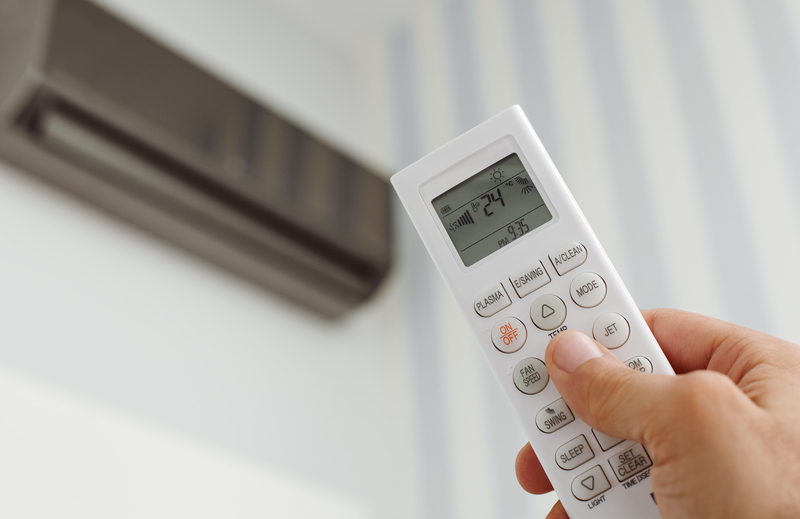
If you’re running the average 24-hour AC unit with 1800 watts of energy consumption, you’ll be spending around $6 per day! Running your AC unit continuously for 24 hours can result in high energy consumption costs, as you can see how $6 a day can add up!
Let’s assume the air conditioner operates for 24 hours a day and the electricity rate is $0.14 per kilowatt-hour. Here’s how you can calculate the average cost:
- Calculate the daily energy consumption: Multiply the wattage by the number of hours the air conditioner runs in a day. Daily energy consumption = Wattage × Operating hours = 1800 watts × 24 hours = 43,200 watt-hours (or 43.2 kilowatt-hours)
- Calculate the daily cost: Multiply the daily energy consumption by the cost per kilowatt-hour. Daily cost = Daily energy consumption × Cost per kilowatt-hour = 43.2 kilowatt-hours × $0.14/kWh = $6.05 per day
How much does it cost to run a portable AC per month?
The average monthly cost for a portable air conditioning unit is around $40 a month if you’re running your unit for 8 hours a day. With that being said, there are portable AC units that have a range of 450 – 1800 watts, which will affect your costs significantly. An 1800-watt portable AC unit can cost up to $65 a month if you’re running it for 8 hours a day.
Is it cheaper to run central air or window units?
If you’re looking at costs alone, using one portable air conditioner will cost less than running your central air conditioning. Central air conditioning systems are generally more energy-efficient compared to individual window units. They are designed to cool an entire house evenly and efficiently, which can result in lower overall energy consumption. You might need several portable units to cool your entire household, which will end up costing you more in the long run.
Related Post: How Much Does it Cost to Run a Space Heater?
What Factors Affect the Costs of Running An Air Conditioner?
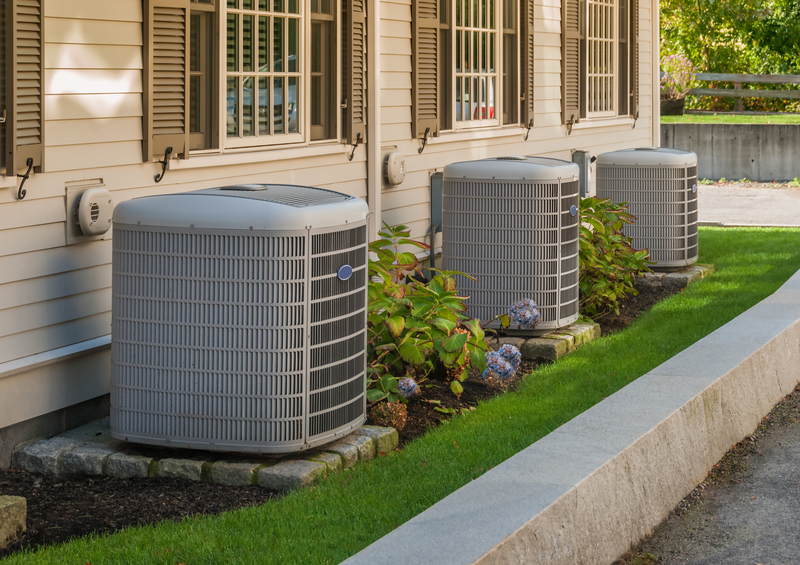
If you’re looking for ways to cut costs on your electricity bill, there are several factors you can consider while using your air conditioner. Simple things like the energy-efficiency rating or your usage patterns can significantly add to how much you’re paying per month for your air conditioner.
- Energy Efficiency: Models with higher energy efficiency ratings use less electricity for cooling, leading to lower energy bills.
- Cooling Load: The air conditioner’s capacity must align with the space’s cooling needs. Oversized units may cycle on and off frequently, reducing efficiency, while undersized units may struggle to cool effectively.
- Usage Patterns: More frequent and prolonged use of the air conditioner increases energy consumption and costs.
- Insulation and Home Efficiency: A well-insulated home with effective sealing can minimize heat gain or loss, enhancing the air conditioner’s efficiency and reducing energy costs.
- Maintenance and Filter Cleaning: Keeping air filters clean ensures optimal performance. Neglecting maintenance can lead to reduced airflow and higher energy use.
- Electricity Rates: The cost of electricity in your area directly affects the cost of running the air conditioner; higher rates mean higher costs, and vice versa.
Related Post: Does a Ceiling Fan Use a Lot of Electricity?
Cost of Running Air Conditioner FAQ
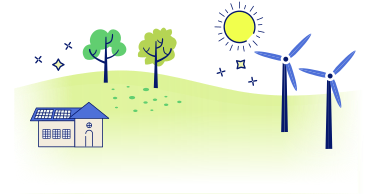
Q: How much does an air conditioner cost per month?
On average, air conditioning costs can range from $50 to $200 or more per month during the peak cooling season. This estimation considers factors like the size of the home, the energy efficiency of the unit, and the climate conditions. Portable air conditioners can cost $40 – $60 per month, depending on how often you’re running it. Ultimately, the cost-effectiveness of central air conditioning versus window units depends on specific cooling needs, the size of the space, and usage patterns.
Q: Is air conditioning expensive to run?
A: Air conditioning can be one of the biggest contributors to electricity costs, which should be noted in those hotter months. Air conditioning could cost you up to $200 a month if you’re not cautious about how much you’re running and how efficient your unit is!
Q: How does the energy efficiency of an air conditioner affect my electricity bill?
A: Energy-efficient air conditioners consume less electricity for the same cooling effect, leading to lower electricity bills. Choosing a unit with a higher energy efficiency rating can result in significant savings over time.
Q: How does home insulation affect my air conditioner’s efficiency?
A: Good insulation and sealing reduce heat gain and loss, allowing your air conditioner to cool your space more efficiently. This can lower energy consumption and reduce your cooling costs.
Q: Why is regular maintenance and filter cleaning important for my air conditioner?
A: Regular maintenance and clean filters ensure your air conditioner operates at peak efficiency. Neglecting this can lead to restricted airflow and higher energy consumption, increasing your costs.
Q: Are there any tips for reducing the cooling load on my air conditioner?
A: Yes, using shades or curtains to block direct sunlight, sealing gaps around doors and windows, and using fans to circulate air can all reduce the cooling load and improve your unit’s efficiency.
Do you Need Cheaper Electricity?
If you’ve taken the time to understand the information on your bill and discovered you’re paying more than you’d like for your electricity, have you looked around for a cheaper deal? The Energy Professor has a wealth of information on ways to save on your utilities, including details of top deals that could significantly reduce your monthly or quarterly electricity bills.
We hope you found this article helpful! If you are looking for ways to increase energy efficiency and sustainability in your home be sure to take a look at all of the latest renewable energy options in your area. The Energy Professor helps residential and small business owners find qualified energy suppliers in New York, New Jersey, Pennsylvania, Texas, Ohio, Maryland, Illinois, and Massachusetts

